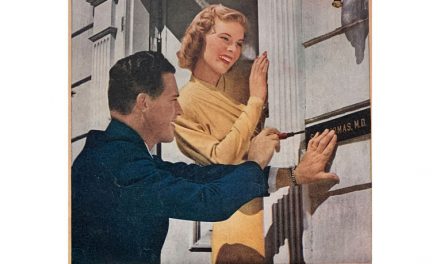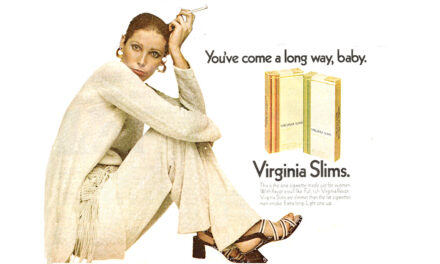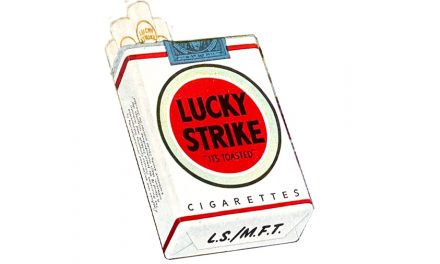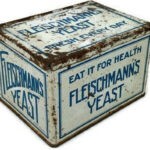“Smoking Camels is a positive aid
to good digestion!”
Smoking Camels cigarettes “sets up a generous flow of digestive fluids. Increases alkalinity. What a sense of well-bring comes to those who smoke Camels at mealtime!”
Yeah! Right! This was one of the claims the R.J.Reynolds Tobacco Company declared in advertising Camels cigarettes. To lend credibility the claims were made by, among others, a socialite, an athlete, a fashion designer and a deep-sea diver: they were all celebrities and they all endorsed Camels in magazine advertising in the 1930s.
The socialite smoked them because “Camels give me a grand ‘lift’… makes me feel glad I’m alive as my energy snaps back.”
The athlete smoked them because “They don’t get your wind.”
The fashion designer smoked them because “I work happily when I’m smoking and Camels are so mild they never tire my taste.”
The deep-sea diver smoked them because “a diver’s nerves must always be in perfect condition. That why I smoke Camels —they never upset my nervous system.”
The Socialite, Joan Belmont
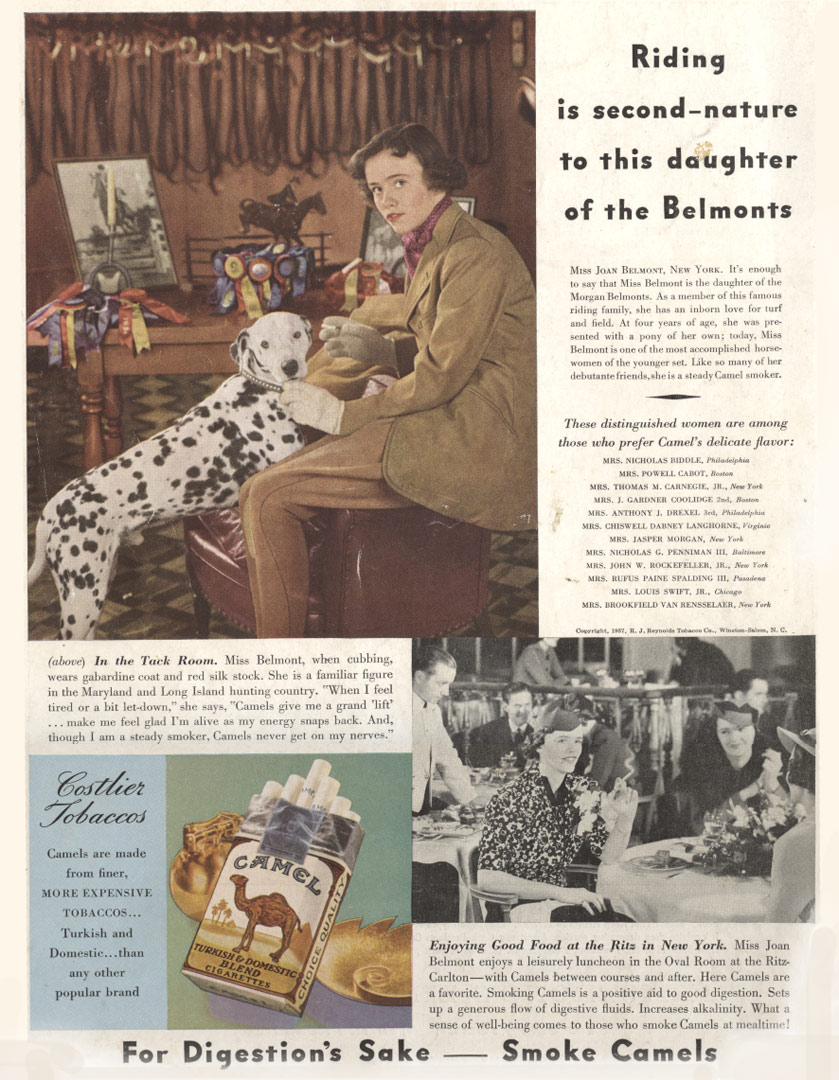
The American Home, June 1937 Joan Belmont was the daughter of Morgan Belmont, senior partner in the New York investment house of August Belmont & Co. founded by her grandfather, August Belmont, the founder and namesake of the Belmont Stakes, third leg of the Triple Crown series of American Thoroughbred horse racing.
The headline and subhead of this post originated in the copy block beneath the black and white photo in this advertisement above. “Enjoying Good Food at the Ritz in New York.”
The advertisement also lists “distinguished women” from New York, Boston, Philadelphia, Virginia, Baltimore, Pasadena and Chicago, who were among those who preferred Camel’s delicate flavor.
So, as suggested in the slogan at the bottom of the advertisement “For Digestion’s Sake — Smoke Camels”
The Athlete, Big Bill Tilden

Fortune, September 1935 The advertisement refers to Big Bill Tilden as the “Iron Man of Tennis” with “a long record as a Camel smoker” who smoked Camels for years because “They don’t get my wind or upset my nerves.”
William Tatem Tilden II was considered one of the world’s greatest tennis players. He won 14 Major singles titles, including 10 Grand Slam events, one World Hard Court Championships and three professional majors. He was the first American to win Wimbledon, taking the title in 1920 and again in 1921 and 1930. He won the French Open in 1927 and 1930 and he also won a record seven U.S. Championships titles.
Tilden was the world No. 1 amateur for six years from 1920 to 1925 and world No. 1 pro from 1931 to 1933. He was named the greatest tennis player of the first half of the 20th century in a 1950 Associated Press poll and was inducted into the International Tennis Hall of Fame in 1959.
The four black and white photographs carry further endorsements in support of what Tilden has to say about Camels cigarettes.
Mrs. James B Feeley, homemaker, says “Famous athletes approve Camels so they must have real mildness. They are gentle to my throat, and when I’m tired I get a ‘lift’ with a Camel!”
Charles A Petersen, accountant, says “Camels do not frazzle my nerves or upset my ‘condition’ and that Camel taste is just what I want…mildness coupled with full rich flavor!”
Eileen Tighe, writer, says: “Life’s more fun when you keep fit! So you see why I, too, smoke Camels. I’ve smoked them for ages, and no matter how many I smoke , they don’t affect my wind”
Dick Hungerford, reporter, says: “I follow Tilden, Sarazen, Gehrig, and other sports stars in smoking Camels. I smoke Camels steadily, They never get my wind”
The Fashion Designer, Elizabeth Hawes
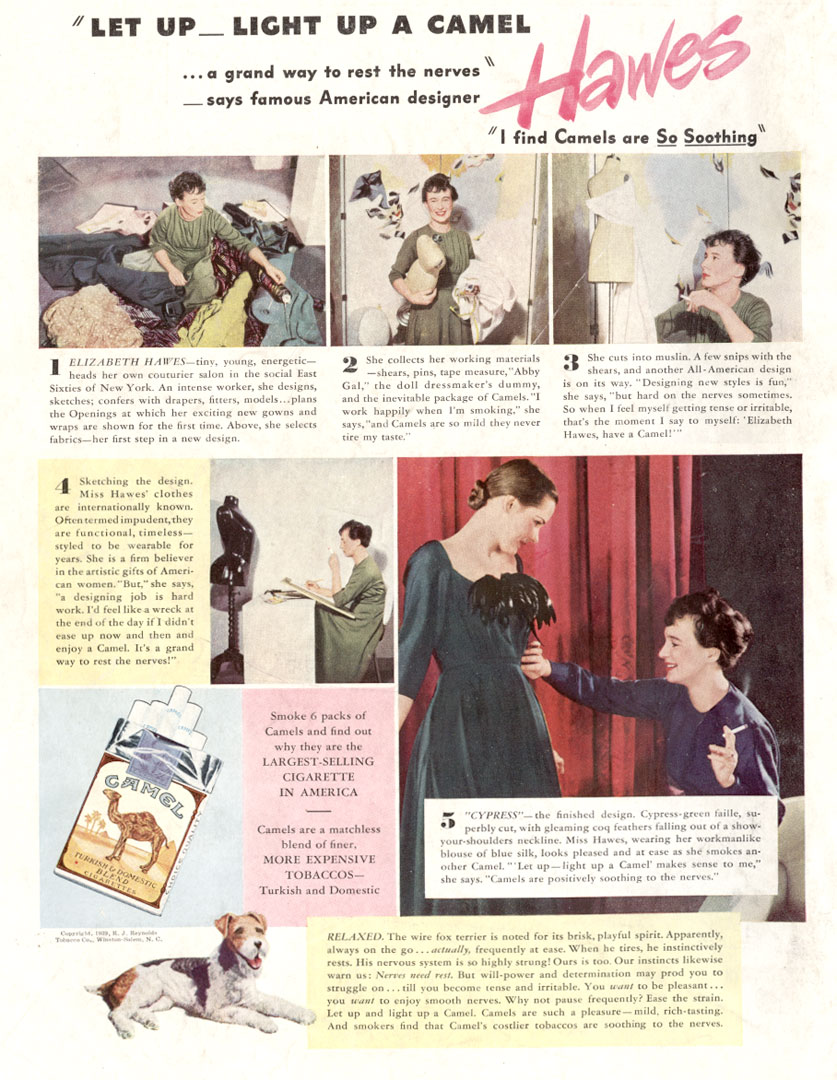
The American Home, June 1939 This advertisement is notable for what it doesn’t say. Just who was Elizabeth Hawes?
From the New York Times: The Most Brilliant American Fashion Designer “genius writer, wry cultural commentator, perverse humorist, gifted artist and truly modern thinking. You’ve never heard of her.”
From Glamour Daze: The Fashion Anarchist—Visionary designer forerunner to Dior “an author, a journalist, a political activist and union organiser with the foresight of Chanel and Dior and a razor sharp wit that made her the Dorothy Parker of fashion.”
The advertisement does say that Miss Hawes is tiny, young, and energetic. Her working materials include the inevitable package of Camels. “When I feel myself getting tense and irritable I say to myself: Elizabeth Hawes, have a Camel. I’d feel like a wreck at the end of the day if I didn’t ease up now and then and enjoy a Camel. It’s a grand way to rest the nerves.”
Readers are encouraged to smoke 6 packs of Camels and find out why they are the largest-selling cigarette in America.
Finally, whose idea was it to include the dog at the bottom of the advertisement? Strange! It seems dogs rest instinctively; humans can sooth their nerves with a Camel cigarette.
RELAXED. The wire fox terrier is noted for its brisk, playful spirit. Apparently, always on the go…actually, frequently at ease. When he tires, he instinctively rests. His nervous system is so highly strung! Ours is too. Our instincts likewise warn us: Nerves need rest. But will-power and determination may prod you to struggle on…till you become tense and irritable. You want to be pleasant…your want to enjoy smooth nerves. Why not pause frequently? Ease the strain. Let up and light up a Camel. Camels are such a pleasure—mild, rich-tasting. And smokers find that Camel’s costlier tobaccos are soothing to the nerves.
The Deep-sea Diver, Frank Crilley

Popular Mechanics, November 1933 Frank William Crilley was a United States Navy diver awarded the Navy Cross and the Congressional Medal of Honor, for rescuing another Navy diver during the salvage of the USS F‑4 submarine off the coast of Honolulu, Hawaii, in 1915.
Gunner’s mate, William F. Loughman, had descended to the wreck lying 304 feet before the surface. When he started his ascent his lifeline and air hose became so badly fouled by this hawser that he was unable to free himself. Crilley volunteered to go to his aid. He untangled the snarl of lines and cleared his imperiled comrade who was brought, still alive, to the surface.
It is that event that is referenced in the advertisement. Crilley is quoted: “Deep down under 300 feet of water, working feverishly under terrific pressure—no place for a nervous man!”

Add to those claims the assertions that “More Doctors smoke Camels than any other cigarette” and “Camels promised more puffs”

